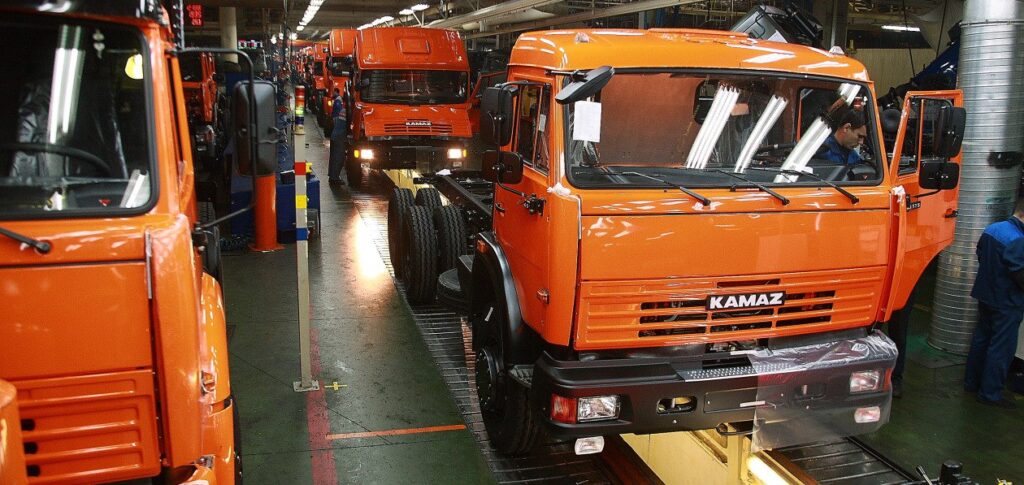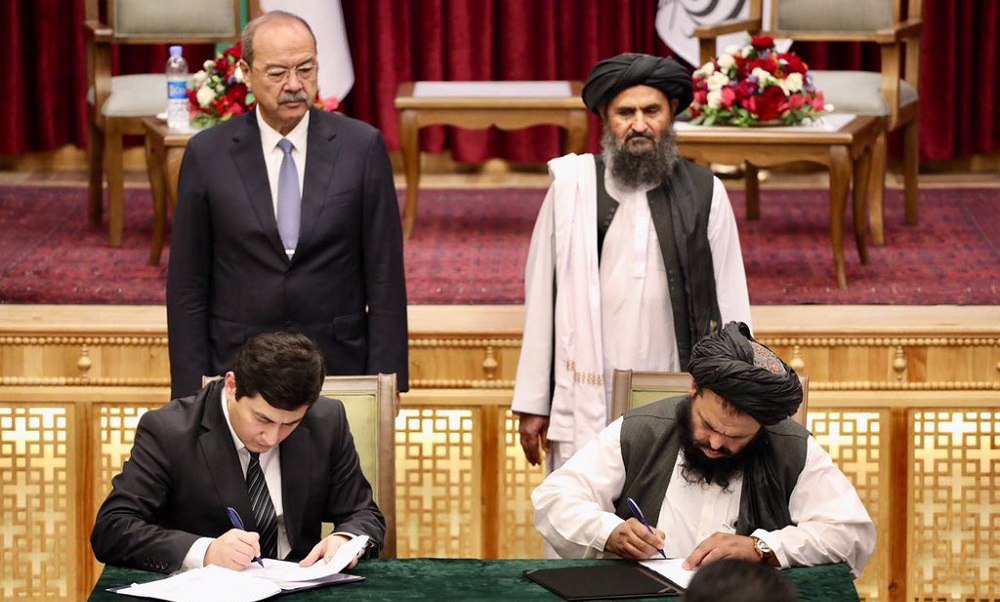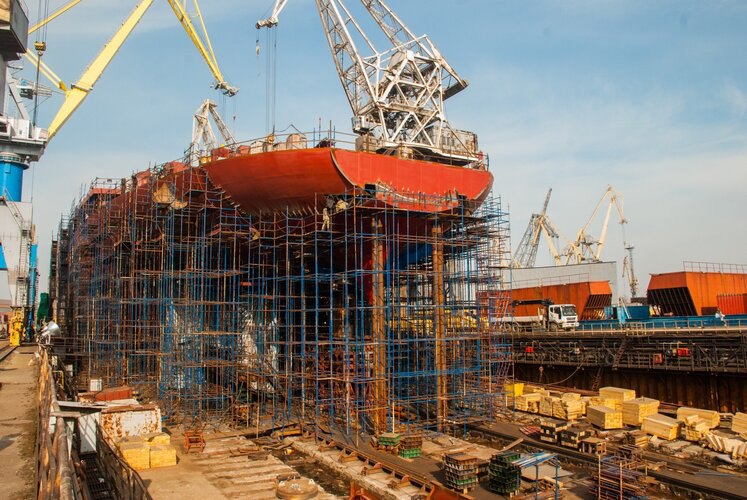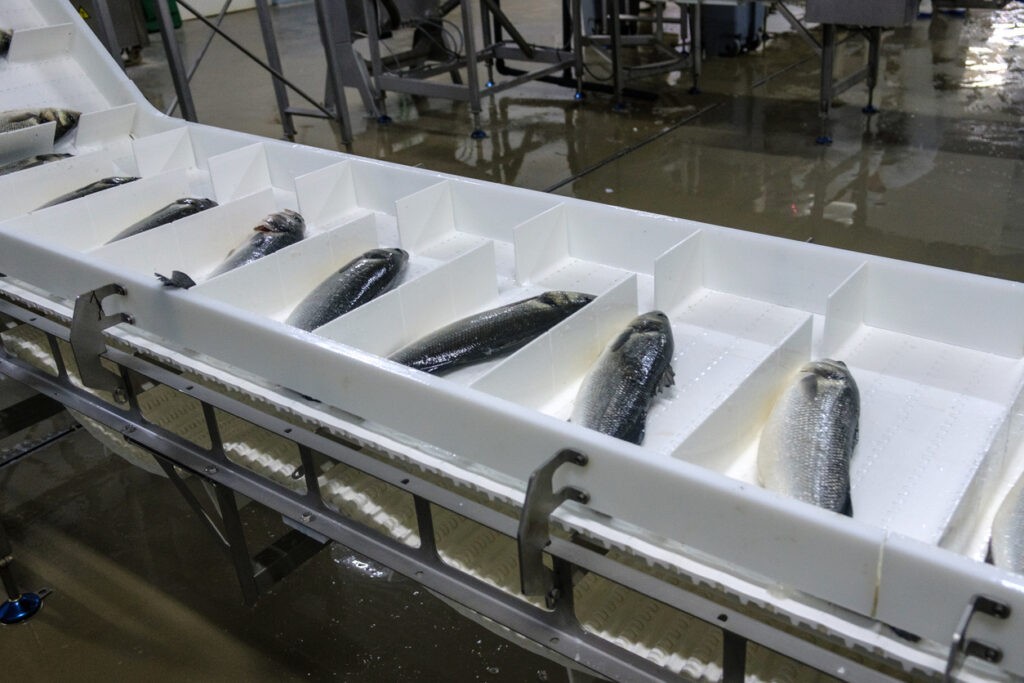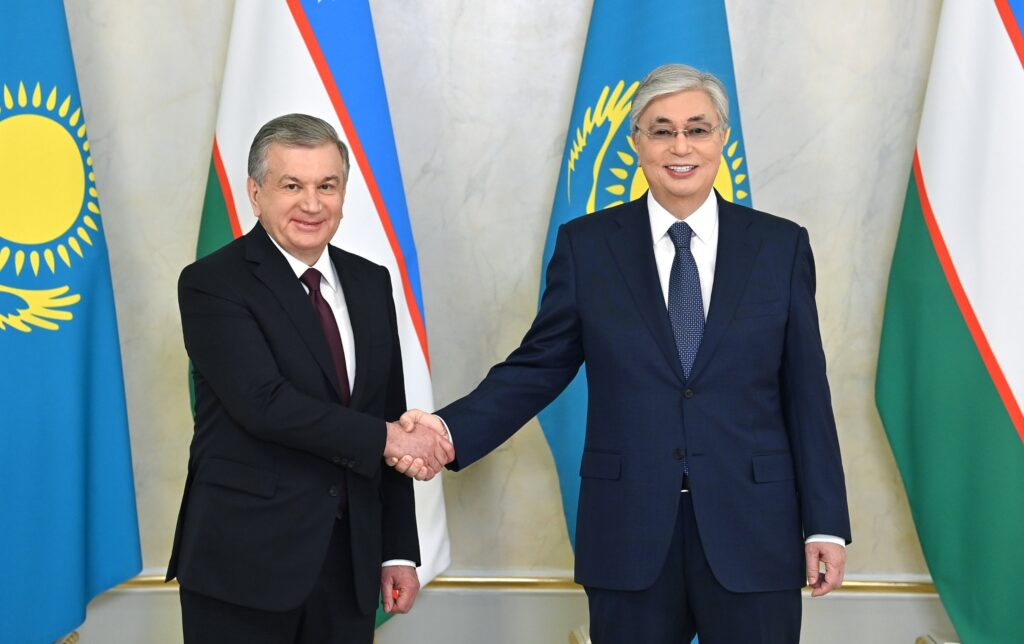Following on from our previous report on the President of the Republic of Uzbekistan's current visit to Kazakhstan, on August 8, a meeting was held between Shavkat Mirziyoyev and the President of the Republic of Kazakhstan, Kassym-Jomart Tokayev, at the residence in Аkorda. Meetings of the Intergovernmental Commission, the business forum, and several cultural events were also held on the eve of the visit. A strategic partnership and alliance program until 2034 has been prepared, and a council chaired by the heads of foreign policy agencies is being established. In recent years, the volume of trade has doubled, the number of joint ventures has increased five-fold, the volume of cargo transportation is increasing, and large cooperation projects are being implemented. At the meeting, the presidents supported a further comprehensive cooperation program and the establishment of an inter-parliamentary forum with the participation of the chambers of the two countries' parliaments. Before the current summit, a portfolio of new deals and contracts with a total value of $7 billion was initiated to develop industrial cooperation which includes projects in energy, transport and logistics, metallurgy, textiles, agriculture, and construction, as well as inter-regional projects. The highest priority was given to implementing strategic regional projects as soon as possible, such as the Kambarata HPP-1. It was also agreed that the first meeting of the two countries' regional leaders in Samarkand will be held this fall. In unison, the first session of the Supreme Interstate Council was held under the president's chairmanship. The two countries' leaders noted the adoption of the strategic partnership and alliance program for 2024-2034, stating that the volume of trade should increase to $10 billion in the coming years, and for this purpose, a separate program will be adopted by the end of the month. Special attention was paid to the mutual formation of markets and eliminating existing restrictions. At the end of the Supreme Interstate Council's first meeting, a ceremony was held, wherein the presidents signed the decisions of the Supreme Interstate Council on approving the strategic partnership and alliance program for 2024-2034 and establishing the Council of Foreign Ministers. In addition, agreements were reached on mutual cooperation in agriculture, health, and the economy. A memorandum on establishing the Uzbekistan-Kazakhstan Council of Experts, protocols on cooperation in the regulation of natural monopolies and competition policy, and a plan for several other activities were also signed. At the end of the bilateral negotiations, branches of the Tashkent Institute of Irrigation and Agricultural Mechanization Engineers in Almaty (Kazakhstan) and the South Kazakhstan State University named after Mukhtar Avezov in Chirchik (Uzbekistan) were ceremonially opened. The leaders of Uzbekistan and Kazakhstan also took part in a ceremony dedicated to the arrival of the first freight train on the route Xi’an–Khorgos–Almaty–Saryogoch–Tashkent. Presidents Mirziyoyev and Tokayev unveiled a statue in Astana of the founder of the Uzbek literary language, poet and great thinker, Alisher Navoi. In 2020, the late Kazakh poet Nesipbek Aytuli translated and published Navoi's most important work, Khamsa, into Kazakh, and President Tokayev...
